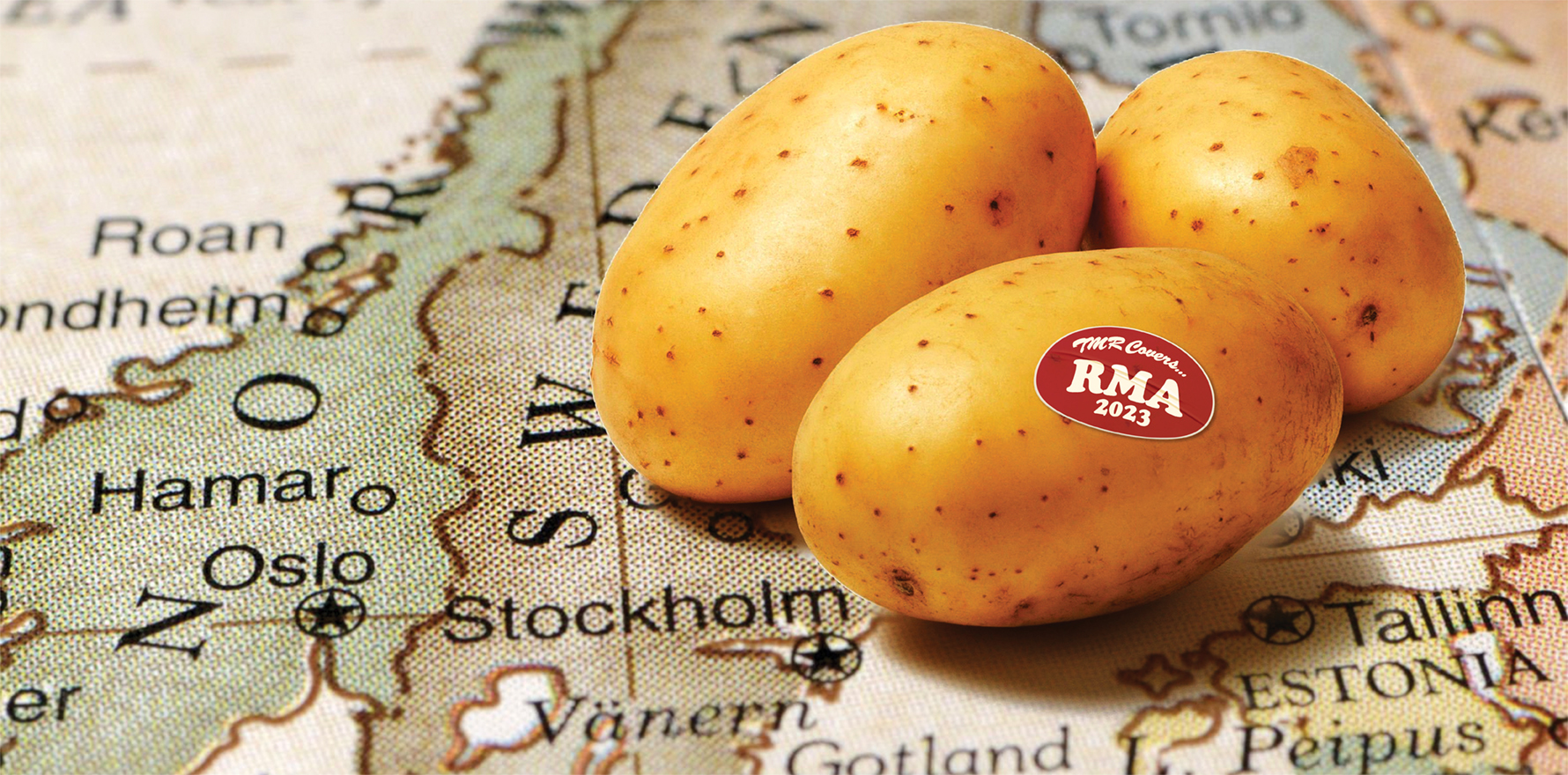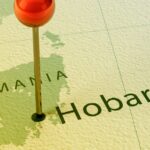There’s a wicked tendency to cast rural medicine as urban medicine with more plants and animals. It’s not that simple.
Dr Hans Eng was a Nazi.
During the war, he was the personal physician to one Vidkun Quisling, who led a pro-Nazi puppet government and allowed vast swathes of Norwegian countryside to be razed to the ground.
After the war, Dr Eng was sentenced to seven years in prison and was banned from medical practice.
Just three and a half years into his sentence, he was released from prison and given the option to resume practising medicine – so long as he went to the remote region of Kvænangen.
Kvænangen was, by chance, one of the regions that had been burnt down by retreating Nazis under Hitler’s “scorched earth” policy while Quisling – to whom Dr Eng remained loyal – stood by.
“Someone found it a very good idea to send a Nazi doctor from Central Norway as a saviour for Kvænangen – Dr Hans Eng has lost his medical licence, but he was still … a good enough doctor for rural people,” Associate Professor Malin Fors told audiences at Rural Medicine Australia on Thursday.
To Professor Fors, a Swedish psychologist working in the arctic Norwegian town of Hammerfest, it’s a perfect example of what she terms “geographical narcissism”: the tendency for city-dwellers to see urban environments as the default and to implicitly devalue rural people and knowledge.
Speaking at the opening plenary of RMA23, the annual ACRRM-RDAA conference, she described how metro-based colleagues told her she was too competent to be working in a rural area.
“It has the same tone as when someone tells me what they assume [will be] positive, but [is actually] quite offensive news: ‘one cannot see you are a lesbian,’” Professor Fors said.
“It usually means ‘I don’t find you that ugly.’”
The effects of geographical narcissism are spread far and wide, from the locums who take lucrative short-term contracts with no intention to stay – like “secular missionaries” – to the medical textbooks that focus on rural health only in terms of its deficits and challenges.
Questioning urban assumptions instead of assuming inferiority, Professor Fors said, will be key to shifting the way the rest of the world thinks about rural health.
“I want to suggest something radical: de-centring the urban world and assuming that rural [health and knowledge] cannot be defined by deficits when compared to the urban world,” Professor Fors told audiences.
“I suggest that rural medicine is at the frontier of clinical courage, creative adaptations, new inventions and sensitivity to … ethics, and that emerges from being truly accountable.”
She calls it “potato ethics”.
Derived from a Swedish metaphor, potato ethics is a rural health sensibility that involves making oneself useful, being pragmatic and, in the words of Professor Fors, “choosing to be like an invisible elf who prevents discontinuity” rather than a more visible rule-follower.
It’s potato ethics, she said, that drive rural clinicians to improvise, adapt and generally get on with work in resource-constrained situations.
When Professor Fors agreed to treat patients with a phobia of the dentist even though she didn’t specialise in that specific area of psychotherapy, that was potato ethics.
Arranging a teaching dermatologist to cover for a colleague pro bono, because otherwise patients won’t get seen? That’s potato ethics.
The South Australian rural generalist who fellowed with four different colleges because she saw the need for specialists in rural health, then the need for sexual assault specialists, then the need for drug counselling specialists? Potato ethics strike again.
“[As rural clinicians], we recognise that when someone collapses in front of us, we are obligated to help them,” Professor Fors said.
RMA23 is on at the Hotel Grand Chancellor in Hobart, Tasmania, 19-21 October.
This article was updated on 21/10/23 to correct Associate Professor Malin Fors’ title





